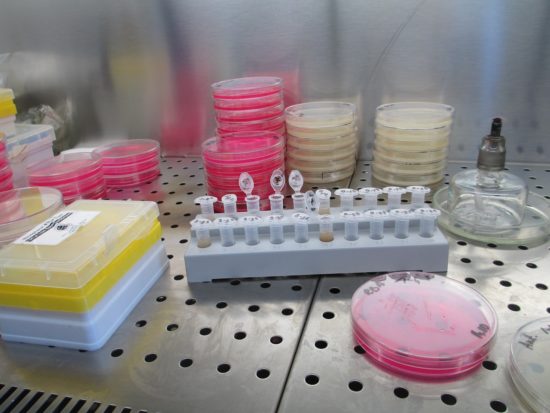A nationwide cross-sectional study of antimicrobial resistance in Palestinian hospitals: insights from 10,000 clinical isolates
A nationwide study of over 10,000 bacterial isolates from 13 Palestinian hospitals revealed alarmingly high rates of antimicrobial resistance, with 36.7% of all isolates classified as multidrug-resistant (MDR). The highest resistance was seen in Acinetobacter baumannii (76%), ESBL-producing Klebsiella pneumoniae (69%), and Escherichia coli (58%), while Staphylococcus aureus and Pseudomonas aeruginosa showed lower but still concerning levels. Resistance rates varied widely between hospitals (24–64%), were higher in older patients, and more common in urine and wound samples. The study highlights the serious AMR burden in Palestine, driven by factors such as unregulated antibiotic use, limited diagnostic capacity, and inconsistent infection control practices. The authors call for urgent implementation of antimicrobial stewardship programmes, stricter antibiotic regulations, and improved laboratory standardisation to strengthen national surveillance and protect public health.
AMR NEWS
Your Biweekly Source for Global AMR Insights!
Stay informed with the essential newsletter that brings together all the latest One Health news on antimicrobial resistance. Delivered straight to your inbox every two weeks, AMR NEWS provides a curated selection of international insights, key publications, and the latest updates in the fight against AMR.
Don’t miss out on staying ahead in the global AMR movement—subscribe now!






